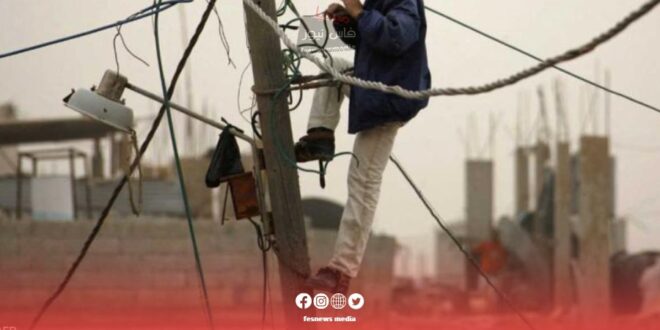Energy experts have seized the opportunity presented by the Ministry of Endowments and Islamic Affairs’ decision to stop religious caretakers from benefiting from water and electricity meters designated for mosques. The ministry has asked them to install their own meters, prompting experts to call for the generalization of this decision across all state institutions and facilities. This move is based on the belief that free water and electricity in functional residences encourage irresponsible practices, contributing to the high consumption levels of public institutions.
Expert Opinions
Ali Cherroud
Ali Cherroud, a researcher in energy and climate affairs, pointed out that this decision comes amid the challenges Morocco faces in reducing its energy bill, given the increasing demand for energy, especially electricity, and the insufficiency of renewable energy projects to meet these needs so far. Cherroud explained that official institutions, such as schools, hospitals, and mosques, contribute to reaching record levels of electricity consumption, depleting Morocco’s electricity reserves and increasing energy costs.
Amine Bannouna
Amine Bannouna, an energy affairs expert, considered that separating the electricity meters of public institutions from functional housing does not have a significant impact on reducing Morocco’s electricity consumption, which amounts to 40,000 gigawatt-hours annually. Nevertheless, Bannouna emphasized the need to generalize this separation across all ministries whose employees benefit from functional housing, as holding employees accountable for paying electricity bills will encourage them to rationalize their consumption.
Impact of the Decision
These calls come in light of the regional delegation of the Ministry of Endowments and Islamic Affairs in Sefrou confirming the necessity of separating mosque meters from functional housing, in implementation of the ministry’s instructions due to the noticeable increase in consumption bills. Experts consider this decision an important step that should be adopted by other ministerial sectors, especially those with a high number of functional residences, such as the education sector.
Challenges and Opportunities
Experts point out that free access to electricity in functional residences leads some employees to irresponsible practices, such as keeping lights and air conditioners on throughout the day. They believe that setting a maximum limit for free consumption could be an appropriate solution, but the challenge remains in enhancing awareness of the importance of consumption rationalization.
In light of many public institutions not engaging in the use of renewable energies, such as solar power, there is an urgent need to take serious steps towards reducing reliance on traditional electricity and enhancing energy sustainability in Morocco.
 فاس نيوز ميديا جريدة الكترونية جهوية تعنى بشؤون و أخبار جهة فاس مكناس – متجددة على مدار الساعة
فاس نيوز ميديا جريدة الكترونية جهوية تعنى بشؤون و أخبار جهة فاس مكناس – متجددة على مدار الساعة













